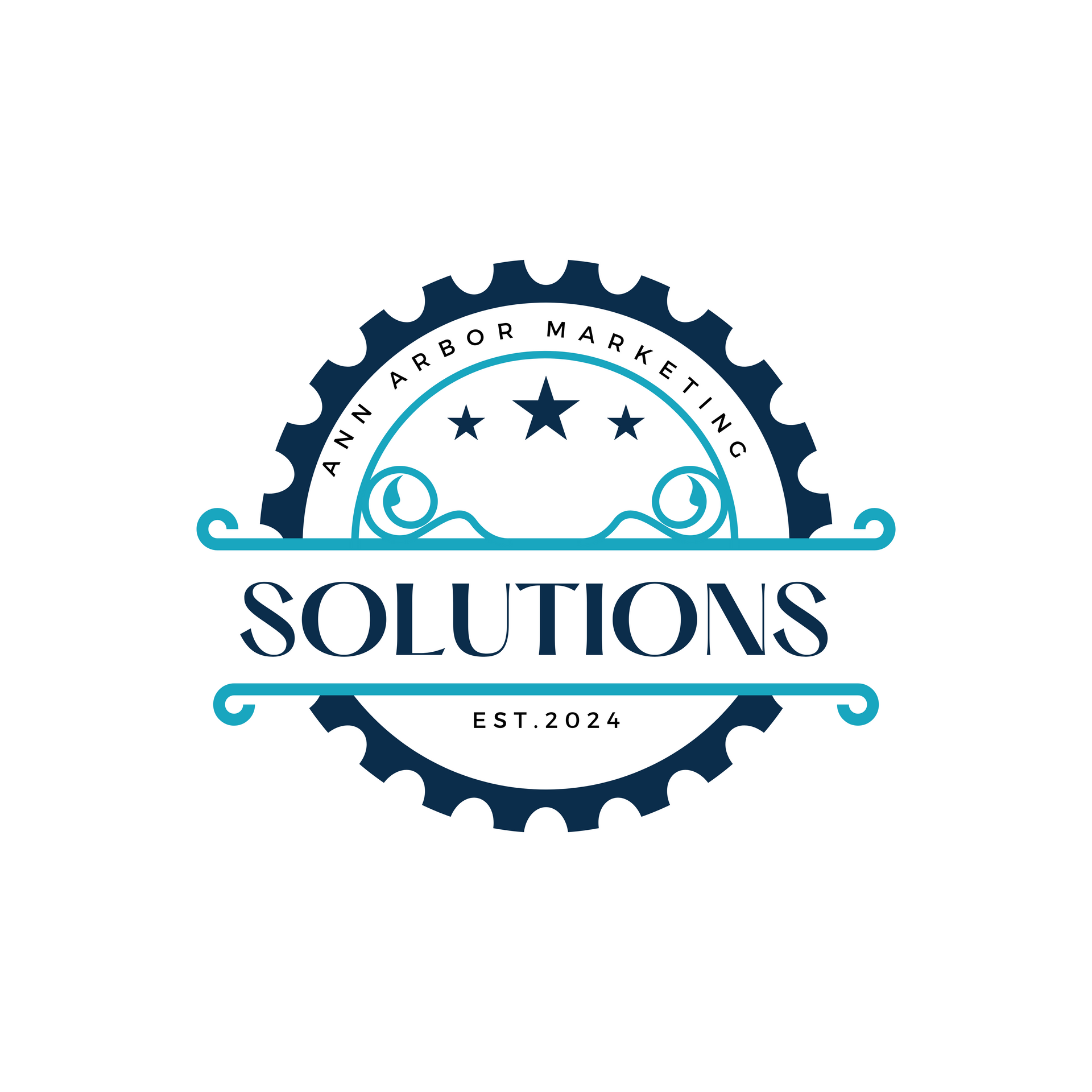The Ultimate Guide to SEO: Unlocking the Power of Search Engine Optimization

What is SEO?
Search Engine Optimization (SEO) refers to the process of optimizing your website to rank higher in search engine results pages (SERPs). When someone searches for a product, service, or piece of information related to your business, SEO helps ensure your website is one of the first they see. The ultimate goal is to increase organic (non-paid) traffic to your site and provide value to your target audience.
Why is SEO Important?
- Increased Visibility: With billions of searches conducted daily, SEO ensures your business stands out in a crowded marketplace.
- Higher Credibility: Websites that rank on the first page of search engines are often perceived as more credible and trustworthy.
- Cost-Effective Marketing: Unlike paid ads, SEO drives organic traffic, providing long-term results without recurring costs.
- Better User Experience: SEO improves site usability, loading speeds, and mobile responsiveness, enhancing the overall experience for users.
Key Components of SEO
1. On-Page SEO
On-page SEO refers to optimization efforts made directly on your website. This includes:
- Keyword Research: Identifying the words and phrases your target audience is searching for.
- Content Optimization: Creating high-quality, relevant, and engaging content around those keywords.
- Title Tags & Meta Descriptions: Ensuring each page has a unique, keyword-rich title tag and meta description.
- URL Structure: Keeping URLs short, descriptive, and SEO-friendly.
2. Off-Page SEO
Off-page SEO involves activities outside your website that boost its credibility and authority, such as:
- Backlink Building: Earning high-quality links from reputable websites.
- Social Media Signals: Sharing content on social platforms to drive traffic.
- Guest Blogging: Publishing content on other sites to reach new audiences and gain backlinks.
3. Technical SEO
Technical SEO focuses on the backend aspects of your website. This includes:
- Website Speed: Ensuring your pages load quickly.
- Mobile-Friendliness: Making your site responsive on all devices.
- Structured Data: Using schema markup to help search engines understand your content better.
- Secure Connection: Ensuring your site uses HTTPS.
Actionable Tips to Improve Your SEO
- Conduct Comprehensive Keyword Research: Use tools like Google Keyword Planner, SEMrush, or Ahrefs to identify relevant keywords.
- Optimize Content Regularly: Update old posts, add new insights, and ensure they’re aligned with current keyword trends.
- Improve Site Speed: Compress images, use a content delivery network (CDN), and minimize unnecessary plugins.
- Focus on Mobile Optimization: Ensure your website is fully responsive and provides a seamless experience on all devices.
- Earn High-Quality Backlinks: Create shareable content like infographics or conduct research that others would link to.
- Leverage Local SEO: Optimize for local keywords, claim your Google My Business profile, and gather reviews from customers.
- Monitor Your Analytics: Use tools like Google Analytics and Google Search Console to track performance and identify opportunities for improvement.
Common Mistakes to Avoid
- Keyword Stuffing: Overloading your content with keywords can lead to penalties from search engines.
- Ignoring Mobile Users: With the majority of searches happening on mobile devices, neglecting mobile optimization is a costly mistake.
- Focusing Solely on Rankings: While rankings are important, user experience and conversions matter more.
- Neglecting Technical SEO: Ignoring backend issues like slow page speed or broken links can hurt your rankings.
SEO Trends to Watch in 2025
- Voice Search Optimization: As voice search grows, focus on long-tail keywords and conversational queries.
- AI-Driven SEO: Leverage AI tools to analyze data, automate tasks, and improve content strategies.
- Video SEO: Optimize videos with keywords, captions, and engaging thumbnails.
- Core Web Vitals: Google emphasizes page experience metrics, so prioritize loading speed, interactivity, and visual stability.
- E-E-A-T: Focus on expertise, experience, authority, and trustworthiness in your content.
Q&A: Common SEO Questions
Q: How long does it take to see results from SEO?
A: SEO is a long-term strategy. While some improvements can be seen within a few weeks, significant results typically take 3-6 months of consistent effort.
Q: Can I do SEO on my own, or should I hire an expert?
A: It depends on your expertise and time. Basic SEO can be done in-house with the right tools and resources, but hiring an expert ensures advanced strategies are implemented effectively.
Q: What’s the difference between organic and paid traffic?
A: Organic traffic comes from unpaid search engine results, while paid traffic is generated through ads, like Google Ads or social media campaigns.
Q: How do backlinks improve SEO?
A: Backlinks act as "votes of confidence" for your site. High-quality backlinks from reputable sources signal to search engines that your site is trustworthy and valuable.
Q: Is blogging necessary for SEO?
A: While not mandatory, blogging is highly effective for SEO. It allows you to target a variety of keywords, answer user questions, and establish authority in your niche.
Conclusion
SEO is a powerful tool for businesses looking to grow their online presence, attract more customers, and achieve long-term success. By understanding the


